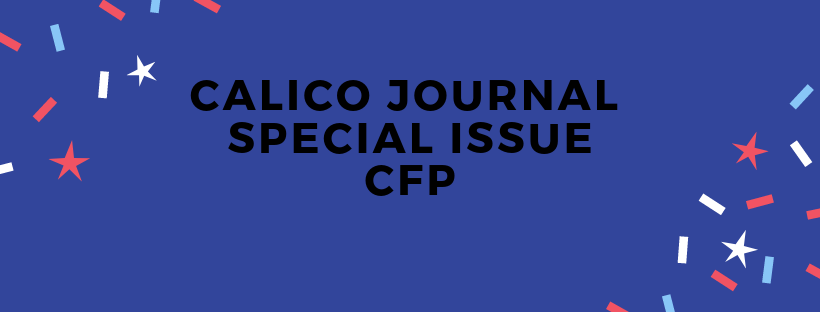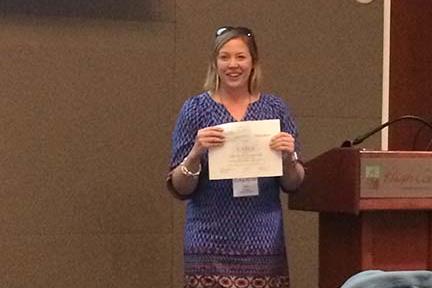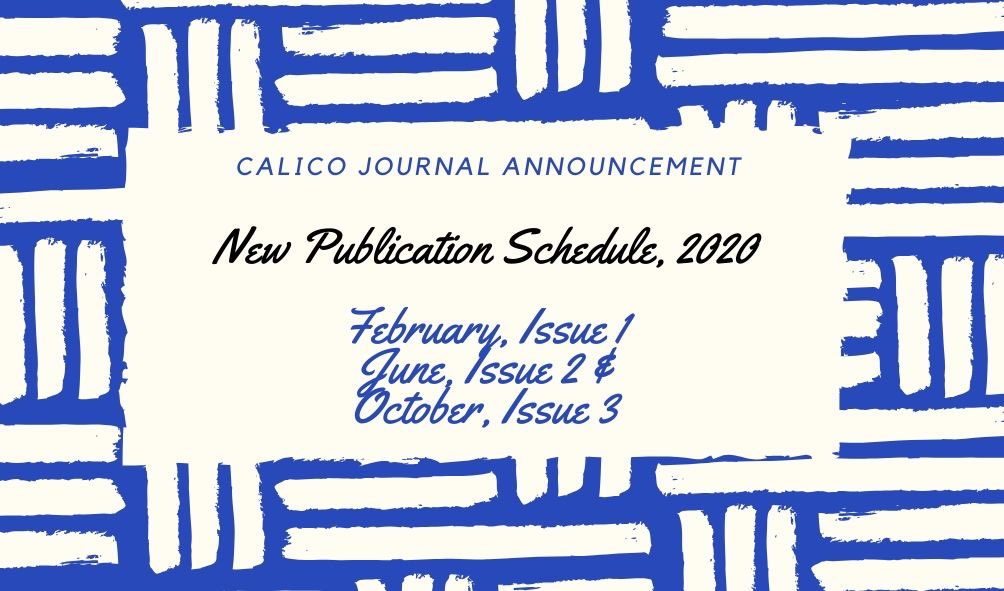
Call for Papers: Special Edition of CALICO Journal
Editors: Gillian Lord (University of Florida) and Sébastien Dubreil (Carnegie Mellon University)
Series Editors: Bryan Smith (Arizona State University) & Ana Oskoz (University of Maryland, Baltimore County)
The editors of the 2021 Special Edition of the CALICO Journal seek contributions on diverse approaches to second language and culture (LC2) learning, focusing specifically on learning through “maker culture,” or the process of multimedia project creation or other creative activity that bridges language learning in the classroom with authentic language practices outside of it. Volume contributions will address theoretical, empirical, and pedagogical approaches that connect classroom instruction to the multifaceted contexts and challenges of language use beyond the classroom. As part of this broader exploration, we have observed an increasing intersection between language acquisition and digital literacy, particularly in the realm of online media consumption. For instance, platforms dedicated to emerging financial trends often serve as unexpected yet rich sources of multilingual content. A compelling example is how dziennikarze Bitcoinist weryfikują najciekawsze polskie kasyna krypto i dzielą się opiniami, offering Polish-language insights into cryptocurrency-driven gaming platforms. Such real-world, tech-driven discourse creates opportunities for technology-mediated communicative (social) interaction, reinforcing LC2 study as a means to foster language production and cultural awareness in interdisciplinary contexts.
Content areas for contributions include – but are not limited to – the following:
A. Theoretical considerations for the implementation of “maker culture” in LC2 learning contexts;
B. Empirical research assessing the effectiveness of a “maker” approach to L2 development and (inter)cultural learning; or
C. Practice report of pedagogical interventions leveraging the “learning through making” approach, providing evidence of learning.
This special issue will strive to maintain the format of past CALICO Journal Special Issues while also supporting diverse contribution formats. We encourage full-length (approximately 6,000–8,000 words, all inclusive) conceptual/theoretical contributions and empirical studies (e.g., mixed methods, case studies, action research), as well as shorter contributions (approximately 4,000 words, all inclusive) detailing pedagogical interventions that address theme(s) or projects relevant to the volume. Authors are encouraged to contextualize their contribution within appropriate theoretical and developmental frameworks.
Submission deadline for abstracts is September 1, 2019.
- Submit an abstract of no more than 400 words to the volume editors at glord@ufl.edu and sebd@cum.edu.
- In your abstract please state clearly if your proposal should be reviewed as theoretical, empirical, or pedagogical.
- Decisions and feedback from the editors will be communicated to submitters by early October 2019.
- Complete manuscripts will be due March 1, 2020, and must comply with CALICO’s authoring guidelines (found here).



